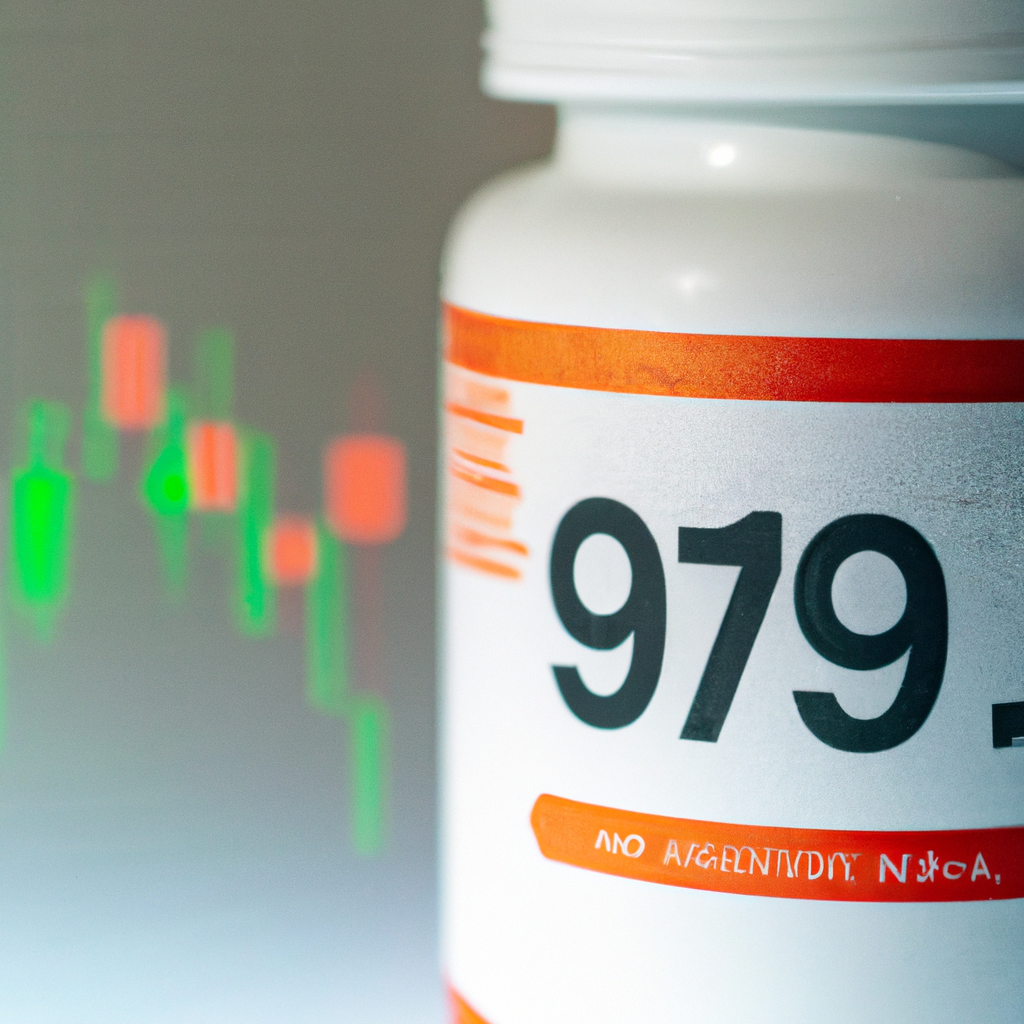Shares of Novo Nordisk and Eli Lilly declined after Swiss pharmaceutical company Roche announced positive results for its experimental weight loss pill. Roche reported that its weight loss pill, CT-996, helped patients lose an average of 7.3% of their weight after four weeks in an ongoing early-stage trial.
Roche’s Chief Medical Officer, Levi Garraway, expressed satisfaction with the results, stating that the weight loss achieved with the oral GLP-1 therapy CT-996 could aid patients in managing both chronic weight issues and glycemic control.
Following the announcement, Roche’s shares rose by 6%, while Novo Nordisk and Eli Lilly stocks decreased by 4% and 3%, respectively. Roche aims to break the current weight loss drug duopoly held by Novo Nordisk, makers of Ozempic and Wegovy, and Eli Lilly, producers of Zepbound. Analysts at Morgan Stanley project the global market for GLP-1 treatments to reach $105 billion by 2030.
Roche entered the competitive field by acquiring Carmot Therapeutics earlier this year for $2.7 billion, a deal that included CT-996 among other weight loss drug candidates. In a previous study, Roche reported that patients taking CT-388, a weekly injection, lost an average of 18.8% of their weight after 24 weeks.
Several pharmaceutical companies, including Novo Nordisk and Eli Lilly, are developing oral GLP-1 drugs to potentially appeal to those resistant to injections and to address current supply issues. Novo Nordisk’s Amycretin helped users lose an average of 13% of their body weight in 12 weeks in an early-stage trial, while Eli Lilly’s Orforglipron showed nearly 15% weight loss after 36 weeks in a phase 2 trial. Additionally, a small clinical study found that patients taking Structure Therapeutics’ experimental weight loss pill GSBR-1290 lost 6.2% placebo-adjusted average of their weight after 12 weeks.
